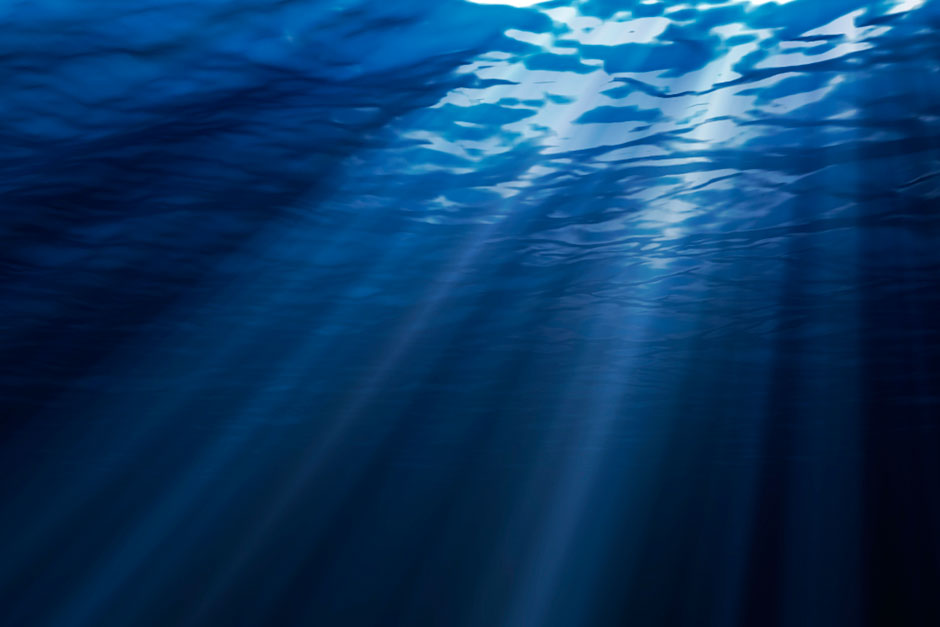Portugal will seek to be at the «front line» of the ratification and implementation of the treaty for the protection of the high seas, said this Tuesday, June 20, to Lusa Ana Paula Zacarias, Portuguese ambassador to the UN, about the historic agreement reached on Monday -fair.
"The adoption of the High Seas Treaty represents a historic moment for multilateralism and for the governance of the ocean", considered the diplomat, who on Monday defended at the United Nations (UN) the rapid ratification of the agreement.
According to Ana Paula Zacarias, «Portugal will seek to be at the forefront of its ratification and full implementation, including by supporting the capacity building of developing countries».
The UN adopted on Monday the first treaty for the protection of the high seas, a historic agreement reached after years of debates and negotiations that will allow the establishment of marine protected areas in international waters.
The text, which was finalized after a long process of negotiations, was formally approved in New York after being revised and translated into the six official languages of the United Nations.
The adoption took place by consensus, without the need for a vote, and received a standing ovation from the representatives of the Governments, who celebrated the conclusion of the long process.
While Monday's decision puts an end to negotiations at the UN, the new treaty will not enter into force until at least 60 countries have signed and ratified it.
The text will be open for signature at the headquarters of the United Nations from the 20th of September and the Secretary General of the UN António Guterres asked the Governments not to delay in doing so.
Guterres praised the agreement's adoption, calling it a demonstration of the strength of multilateralism.
"By acting to combat threats to our planet that go beyond national borders, you have demonstrated that global threats deserve global action and that countries can unite for the common good," he added.
Building on the legacy of the United Nations Convention on the Law of the Sea, this agreement significantly strengthens the legal framework for the conservation and sustainable use of marine biodiversity in areas outside national jurisdictions.
Environmental groups have insisted for years that this treaty is vital to save the oceans, threatened by pollution, the climate crisis and new technologies that open the door to mining at the bottom of the seas and more intensive fishing.
The high seas – waters located more than 200 nautical miles from the coasts – represent two-thirds of the total oceans and until now have been administered under a series of international agreements and organizations without clear jurisdiction, without much coordination and with inadequate regulations for the your protection.
Among other things, the new treaty lays the foundations for the establishment of marine protected areas, which should facilitate the fulfillment of the international pledge to safeguard at least 30% of the oceans by the year 2030.
Furthermore, it ensures that the environmental impact of activities in international waters is taken into account and facilitates cooperation between countries in marine technology.
It also creates a framework for sharing the benefits of the sea, especially everything related to marine genetic resources – species that may provide patentable genes in the future, for medicinal use, for example.



















Comments